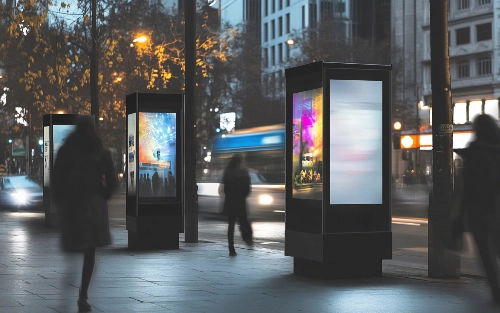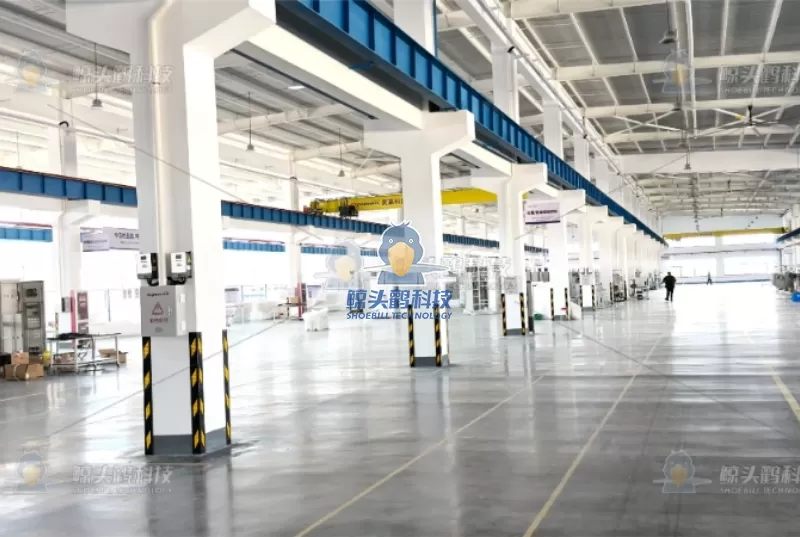The world of advertising is changing fast. Traditional billboards are fading, while DOOH LED displays are taking over. These digital screens grab attention like never before. They offer vibrant colors and dynamic content that simply can't be matched by static ads.
Businesses can showcase their brand in real-time, reaching a wider audience with engaging visuals. The flexibility of updating content instantly makes DOOH LED displays a game-changer. They stand out in crowded spaces, ensuring your message gets seen. As companies strive for more effective marketing strategies, embracing this technology is essential for staying ahead.
Key Takeaways
-
Digital Out Of Home (DOOH) advertising is crucial for reaching audiences in dynamic environments, making it a valuable tool for marketers.
-
LED displays offer significant advantages over traditional Out Of Home (OOH) advertising, including vibrant visuals and energy efficiency.
-
Engaging content is key; use dynamic messaging on LED displays to capture viewer attention and enhance engagement.
-
Consider various applications of DOOH LED displays, from public transport ads to retail environments, to maximize your reach.
-
Interactive content can significantly improve customer experience, encouraging audience participation and interaction with your brand.
-
Real-time content updates allow advertisers to stay relevant and respond quickly to current events or trends, increasing ad effectiveness.

Understanding Digital Out Of Home
1. Advertising Evolution
Advertising has changed significantly over the years. Traditional advertising methods included billboards and print ads. These formats were static and lacked engagement. The rise of digital screens transformed outdoor advertising. Now, advertisers can display dynamic content that captures attention.
The shift began in the early 2000s with the introduction of digital billboards. By 2010, many cities adopted digital formats widely. These new formats allowed for rotating ads and real-time updates. This change enhanced the viewer's experience and increased exposure.
2. Key Characteristics
Digital Out Of Home (DOOH) advertising stands out from traditional methods. One main difference is interactivity. DOOH allows for audience engagement through touchscreens or mobile integration. Advertisers can create tailored experiences based on location and time.
Another characteristic is flexibility. Advertisers can change messages quickly compared to static ads. They can adjust content based on weather conditions or events nearby. This adaptability makes DOOH a powerful tool in marketing strategies.
Furthermore, DOOH provides valuable data analytics. Advertisers can track impressions and audience demographics more accurately than before. This data helps refine campaigns for better results.
3. Technological Advancements
Technological innovations have driven the growth of DOOH advertising. High-resolution displays have improved visual quality significantly. These outdoor screens are now brighter and clearer, even in direct sunlight.
Cloud technology also plays a crucial role in DOOH. It enables remote management of content across multiple locations. Advertisers can update displays instantly without physical presence.
Advancements in artificial intelligence enhance targeting capabilities. AI analyzes viewer behavior to deliver relevant ads at optimal times. This precision increases engagement rates and boosts return on investment.
Mobile technology complements these advancements as well. Consumers often carry smartphones, which connect them to DOOH campaigns. QR codes or NFC technology allow instant interaction with advertisements.
https://www.kmtekled.com/CommercialDOOH/
KMTEKLED



More Stories
How CNC Aluminum Machining Supports High-Performance Industrial Applications
FanChu Lubricants Unveils New Stainless Steel Cutting Oil: Advantages, Applications, and Pricing!
How Long Do LiFePO4 Batteries Really Last? Cycle Life Explained